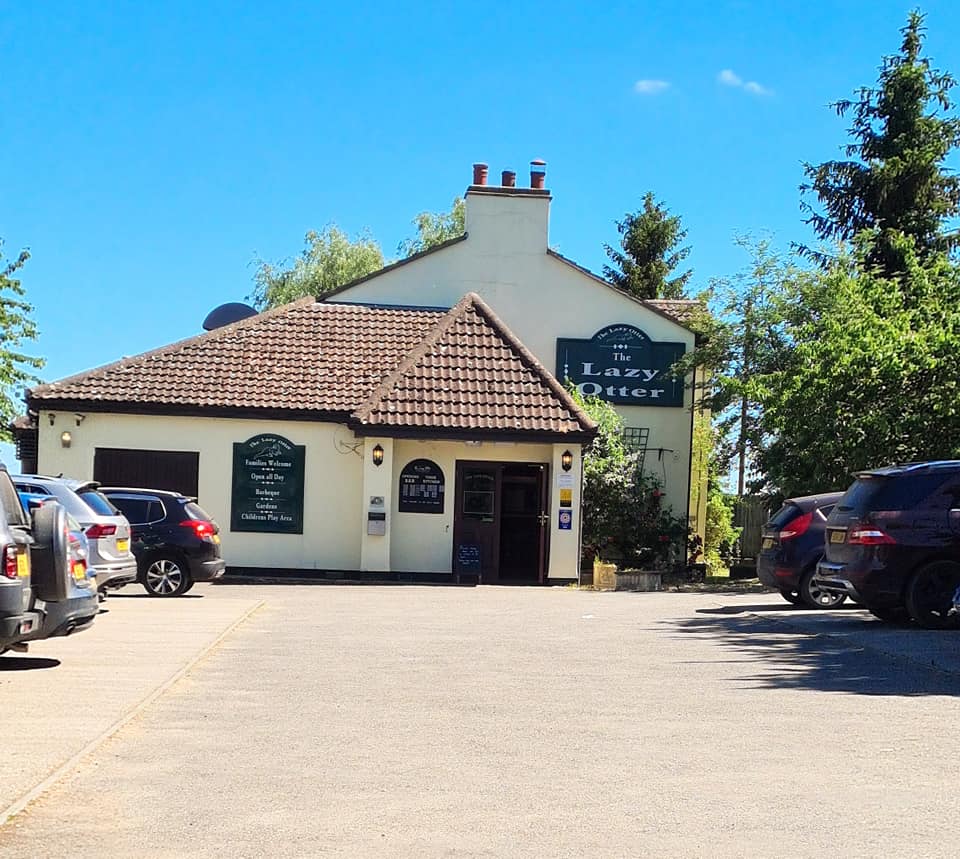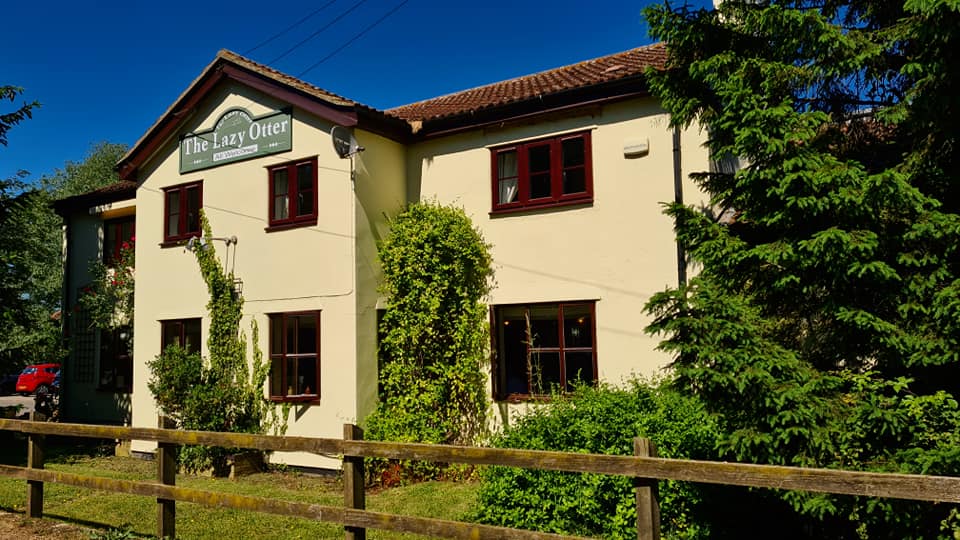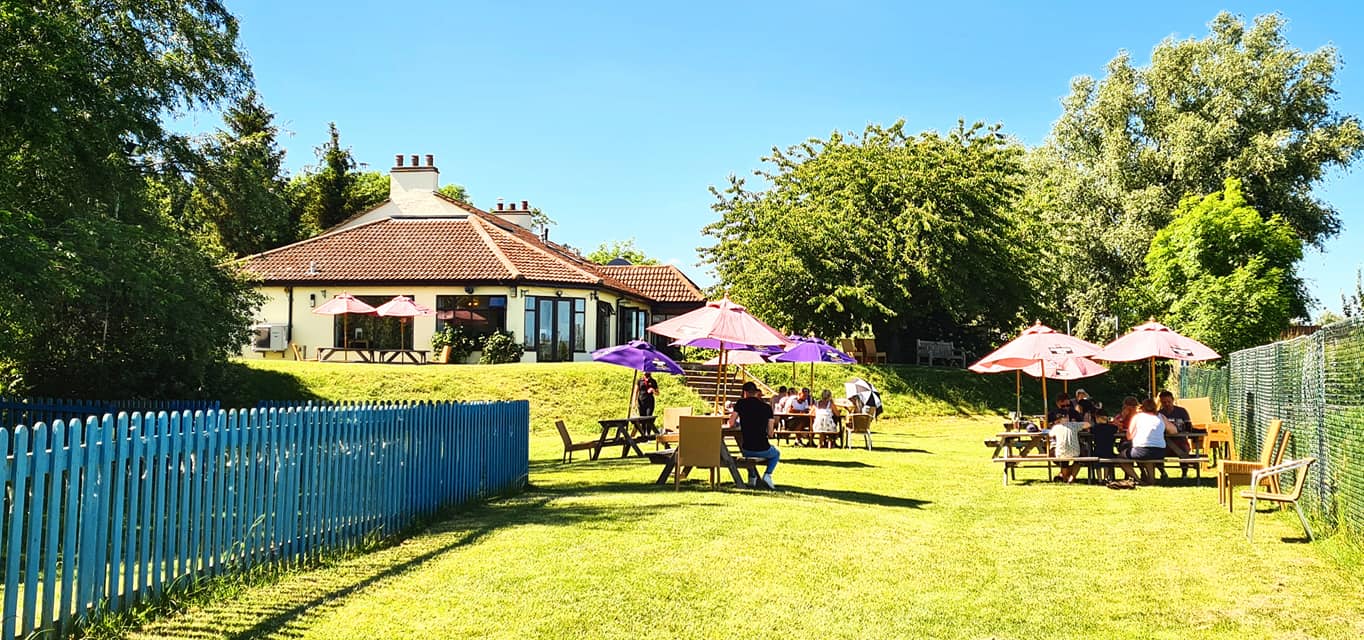A couple who bought a Cambridgeshire pub – with no intention of reopening it – has lost the latest, and most significant, battle with planners. East Cambridgeshire District Council initially refused a bid by Stephen and Rita Walsh for change of use of the Lazy Otter public house at Stretham near Ely to continue to use the ground floor of the pub for residential use.
It was a decision supported by the Planning Inspectorate who dismissed an appeal by Mr and Mrs Walsh.
The couple later responded with a fresh application for retrospective permission to remove the A4 use (which covers public houses) and substitute C3 usage (accommodation).
But David Morren, interim planning manager at East Cambridgeshire Council, kicked that idea firmly into touch by refusing to even consider it. Quoting planning law, he told the couple the council were using their powers to decline to determine the application since it was identical to the Planning Inspectorate’s ruling.
Planning authorities, he said, can refuse to determine applications for planning permission where planning permission has been refused for one or more similar applications.
“The current application is, in the opinion of the local planning authority, similar to an appeal against a refusal of planning permission which was dismissed by the Secretary of State (through the Planning Inspectorate) within the last two years,” he said.

“The council considers that since the appeal there has been no significant change in the relevant considerations, including the absence of any significant new material information in the current application.”
Mr Morren explained that granting retrospective permission would involve granting altering issues specified in a pre-existing enforcement notice.
“Consequently, I am writing to inform you that the local planning authority is exercising its right under the Town and Country Planning Act 1990 (as amended) to DECLINE TO DETERMINE the above referenced application,” he told them.
“Please note there is no right of appeal against the council’s decision to exercise its power to decline to determine the application.”
His letter, dated June 6, gave them 6 weeks to apply for a judicial review to challenge his ruling. Council planning files show there has been no subsequent response.
Lazy Otter must remain a pub ruling after couple lose planning appeal
Mrs Walsh has previously claimed that the reason The Lazy Otter closed down was because “not enough people used it.
“If a fraction of the people who signed the petition came regularly it probably wouldn’t have closed.”
A petition to retain it as a public house attracted over 800 signatures.

Mrs Walsh had originally told the council that the pub had been marketed for years before they looked at buying it. In the early days it was being offered for sale for £600,000 before agents dropped the asking price to £475,000.
She has also claimed she and her partner “definitely had no intention of re-opening it as a pub.
“It was a topic of conversation we had on more than one occasion with both the owners and the agent. We purposely asked that if it were going to be a problem, we would not enter an offer.
“They told us making an offer wouldn’t be a problem and the agent reminded us that we just needed to obtain the correct planning approval.”
East Cambridgeshire Council issued an enforcement notice on June 29, 2022.
It set out the breaches of planning control including the “unauthorised material change of use”.
Planning inspector Chris Baxter, who heard the appeal, said: “I conclude that the change of use does result in an unnecessary loss of a commercial community facility.
“As such, it conflicts with the development plan as a whole and there are no other considerations including the provisions of the National Planning Policy Framework, which outweighs this finding.”
The inspector said the change of use from public house to residential had been completed by December 2021.
East Cambs Council says the issuing of an enforcement notice followed a site visit in February 2022, when they had been told by Mrs Walsh that they were living downstairs as there was no boiler upstairs “and that it was their intention of living in the public house as a residential property”.


















